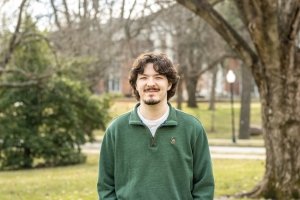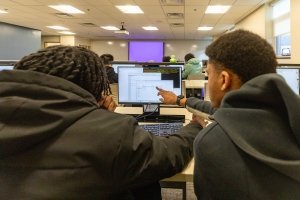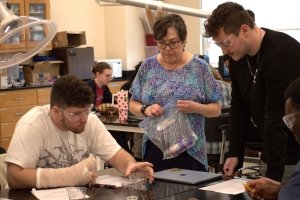Neuroscience research at Mount Sinai provides real-world lab experience
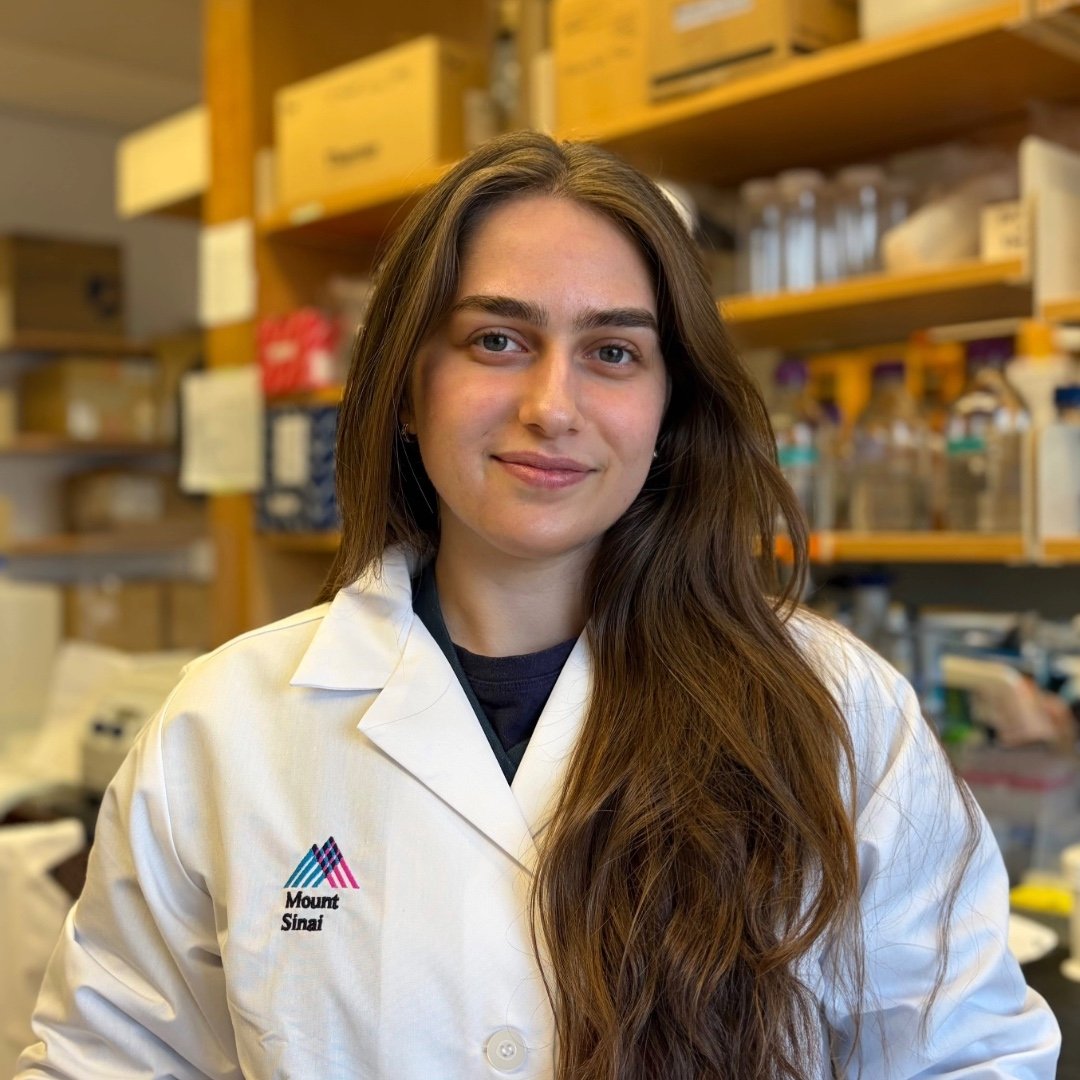
Growing up in the country of Georgia, Anna Bostoganashvili never imagined her path would lead to a neuroscience lab halfway across the world.
For the first semester of her senior year, she traded a Centre classroom for a neuroscience lab at Icahn School of Medicine at Mount Sinai, one of the nation’s leading research institutions.
Bostoganashvili is part of a team studying the genetics of Alzheimer’s disease, the most prevalent form of dementia. She is interning with Allison Bond, assistant professor in the Department of Neuroscience.
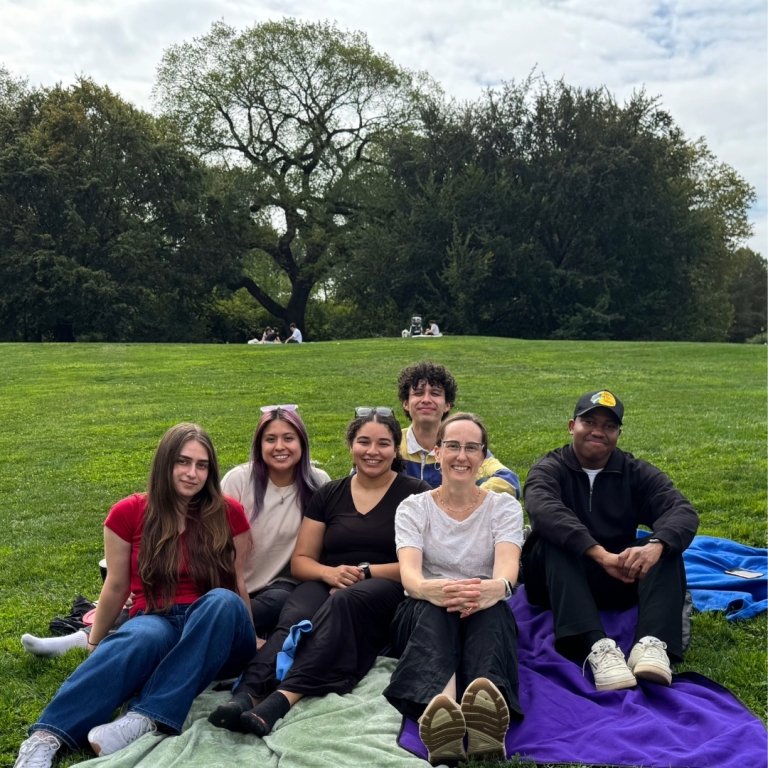
“We’re looking at how a certain gene called APOE4 impacts the development of Alzheimer’s,” Bostoganashvili explained. “I’m helping study brain cells that seem to appear more often in people with that gene. It’s been really exciting to learn new molecular techniques I hadn’t used before.”
Her days often involve immunohistochemistry, brain slicing and microscopy, detailed lab work that requires both patience and precision. The internship has also opened up new careers and research fields.
“This lab is more molecular, which is different from my major in behavioral neuroscience,” she said.
The experience, she said, has helped her see how classroom learning at Centre translates to the real world and has given her confidence as she considers graduate research.
“I’ve learned so much,” she said. “It’s pushed me to think about how I want to combine these skills in my future research.”
Bostoganashvili is currently applying to doctoral programs in neuroscience, hoping to focus her research on neurodegenerative diseases like Alzheimer’s.
Her time at Mount Sinai has reinforced that passion as it’s become increasingly evident that research can have a tangible impact.
“I want my research to make a real difference for people,” she said. “Eventually, I hope to work more on the industry side of things, like clinical trial research, where I can see how discoveries in the lab actually help patients.”
Outside the lab, Bostoganashvili is taking two courses through Centre’s New York City Study Away program — one on the city’s history and another on theatre.

The theatre course includes weekly visits to Broadway and off-Broadway productions, as well as conversations with directors and screenwriters about their creative processes.
“We go to shows every week, and it’s so cool to say that’s part of a class,” she said.
She also loves being in a large city. While Centre’s small community offered close connections and immersive learning, New York has given her the chance to explore a larger, more diverse environment — one that’s also a global hub for healthcare research.
“Everywhere I walk, I hear different languages and see people who are so passionate about what they do,” she said. “It’s amazing to be surrounded by that energy.”
As she is adjusting to her semester in New York, Anna said she often thinks about the mentors who helped her get there.
Under the guidance of professors Karen Gill and Genevieve Bell, she gained her first lab experience and presented her findings at national conferences — including this past spring at the Midwestern Psychological Association Conference and this past summer following her summer Women in Neuroscience internship at the University of Texas at Austin. Through these opportunities, Bostoganashvili learned to think like a researcher rather than just a student.
The mentorship she found at Centre gave her the skills and courage to step into a research role in one of the most competitive environments in the country.
“At Centre, you can find your direction and the people who will help you get there,” she said. “This experience in New York has shown me just how much that kind of education can open doors.”

